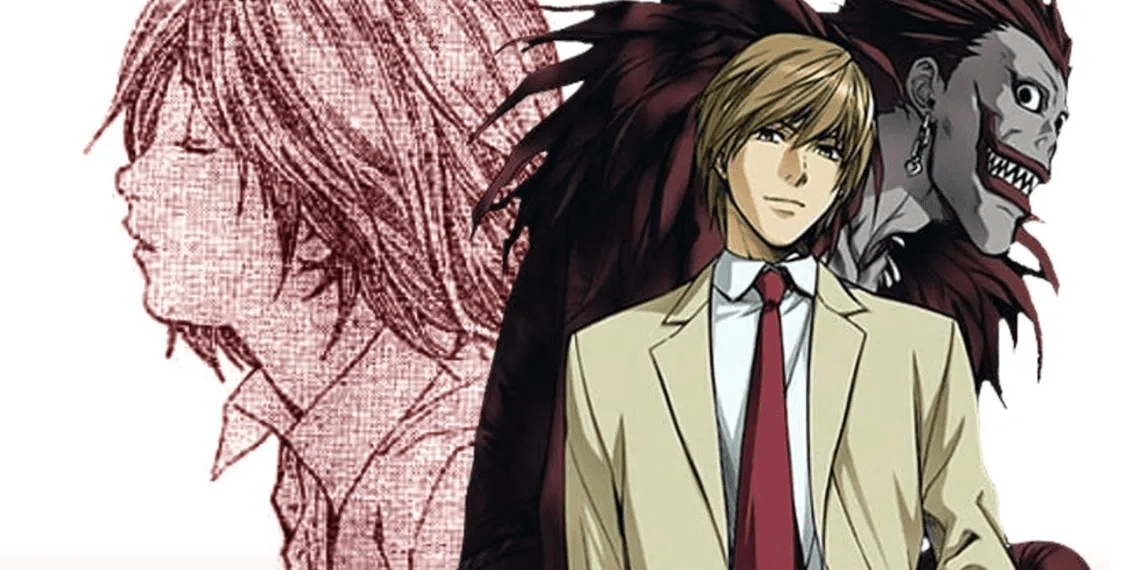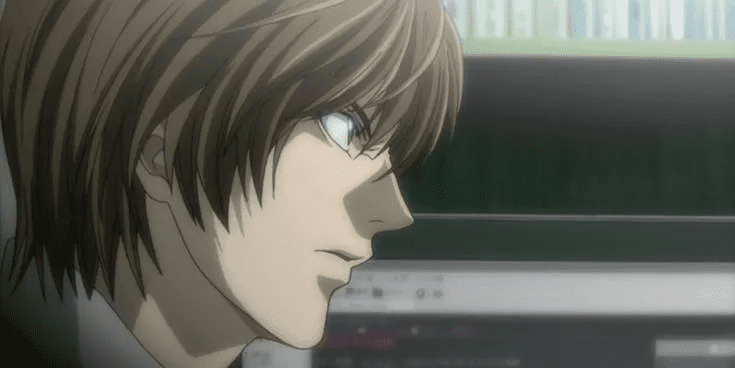
The story takes a more dramatic turn with the introduction of the “Death Eraser,” a feature that allows Taro to reverse the deaths he has caused, showcasing a sense of regret and the desire to correct his mistakes. In contrast, Light Yagami, upon discovering this power, uses it with cold calculation, aiming to reshape the world according to his own twisted sense of justice.
The distinct differences between the main characters are quite pronounced: Taro is driven by regret and a desire for redemption, while Light is motivated by power and control. This character transformation has shifted the narrative from a simple teen adventure into a more profound exploration of moral dilemmas, ultimately leading to a more complex narrative structure.

The initial chapters of Death Note have captivated audiences with their lessons on responsibility and regret. By focusing on Light Yagami and delving deeper into the themes of morality, the story has ensured that it resonates strongly with viewers, exploring the psychological nuances of power and its consequences.
As a result, Death Note has effectively transitioned from a mere concept into a profound narrative that delves into the darker aspects of human ambition, appealing to those who seek a more intricate and gripping storyline.





















